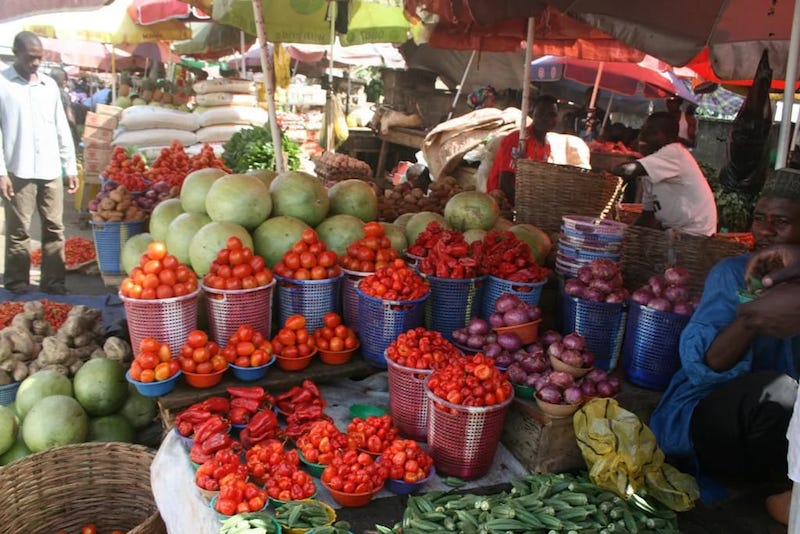
This report is courtesy of The Punch, a Nigerian news agency.
The Permanent Secretary for Budget and Planning, Nebolisa Anako, made this announcement at an ongoing workshop in Abuja on the creation of an implementation strategy for the Nigeria Food Systems Transformation Pathways, according to a statement by the ministry’s spokesperson, Olude Omolade.
Anako, who was represented by Zakari Lawani, Director of National Monitoring and Evaluation, defined the ongoing program as an appeal for action to make progress in addressing issues of poverty, hunger, malnutrition, disease, unemployment, conflict, and changing weather patterns.
“It suffices to say that food insecurity and malnutrition as well as the influence of climate change have resulted in lower incomes and higher prices of foods,” Anako noted.
“This has indeed put food out of the reach of many and undermined the right to food thereby stalling the efforts to meeting the Sustainable Development that emphasized ‘zero hunger,” the Permanent Secretary for Budget and Planning, added.
According to The PUNCH, this claim is consistent with the National Bureau of Statistics’ most recent report, which found that an increase in the cost of bread, cereal, rent, potatoes, yams, tubers, vegetables, and meat caused inflation to rise in February.
A statement by the National Bureau of Statistics reads in part, “the contributions of items on a class basis to the increase in the headline inflation index are presented, thus: bread and cereal (21.67%), actual and imputed rent (7.74%, potatoes, yam, and other tubers (6.06%), vegetable (5.44%), and meat (4.78%).”
Anako added that Nigeria began its journey of food systems dialogues in January 2021 in response to the UN Secretary General’s call for nations to look inward and organize various levels of dialogue to identify issues and challenges surrounding the food systems and develop innovative, sustainable plans to end hunger and all forms of malnutrition in line with SDGs.
Then he issued a call to action for 2022, urging all relevant parties, including the government at all levels and developmental organizations, to support the implementation of all the priority actions, mobilize more resources, and track progress.
“It is important to note that this workshop is an opportunity to review and endorse the underpinning principles and the key thrust of the implementation strategy, finalize the governance and coordination arrangements, institute the monitoring and evaluation framework for the implementation of all the 78 priority actions as well as to validate the 2023 action plan,” Anako stated.
Source:
www.pulse.com.gh
Source link

